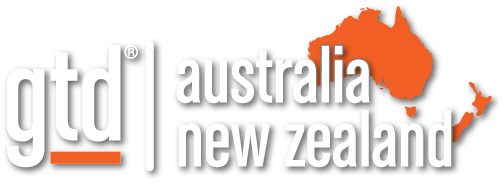 If you pass one tiny piece of paper on the ground, without picking it up, you’re fired.
If you pass one tiny piece of paper on the ground, without picking it up, you’re fired.
At least, that’s the story I heard once about a standard for employees at Disneyland. Apparently they had figured out how many less human resources they needed to keep the place clean, if it was kept spotless. Think about it: where will you be more inclined to throw a gum wrapper—on totally clean grounds or somewhere where there’s trash already?
That’s true around our houses and offices, too. If you’ve already broken the code, and left unclarified, unorganized “stuff” lying around, you’ll easily (let’s say even automatically and unconsciously) leave more of it.
When my inbox is at zero, it’s so much easier to keep it cleaned up. As soon as it starts to get semi-out-of-control, the chaos seems to speed up exponentially.
That’s why something as mundane as a physical in-tray has so much power in keeping our thinking processes clean-edged. If all undecided and unprocessed stuff is in there, it tends to keep it in there. Most people, if they have an in-tray at all, aren’t really using it as such, and no wonder there’s usually so much residual incompletion lying around in their spaces (like the first flat surface when they walk into their house or office).
Keeping things sorted makes it a heck of a lot easier to keep on keeping things sorted. Clean your house, empty your email inbox, clean out the in-tray on your desk, then fire yourself for not keeping it that way. It’s the laziest way to do it.
–David Allen
This essay appeared in David Allen’s Productive Living Newsletter. Subscribe for free here.



Recent Comments